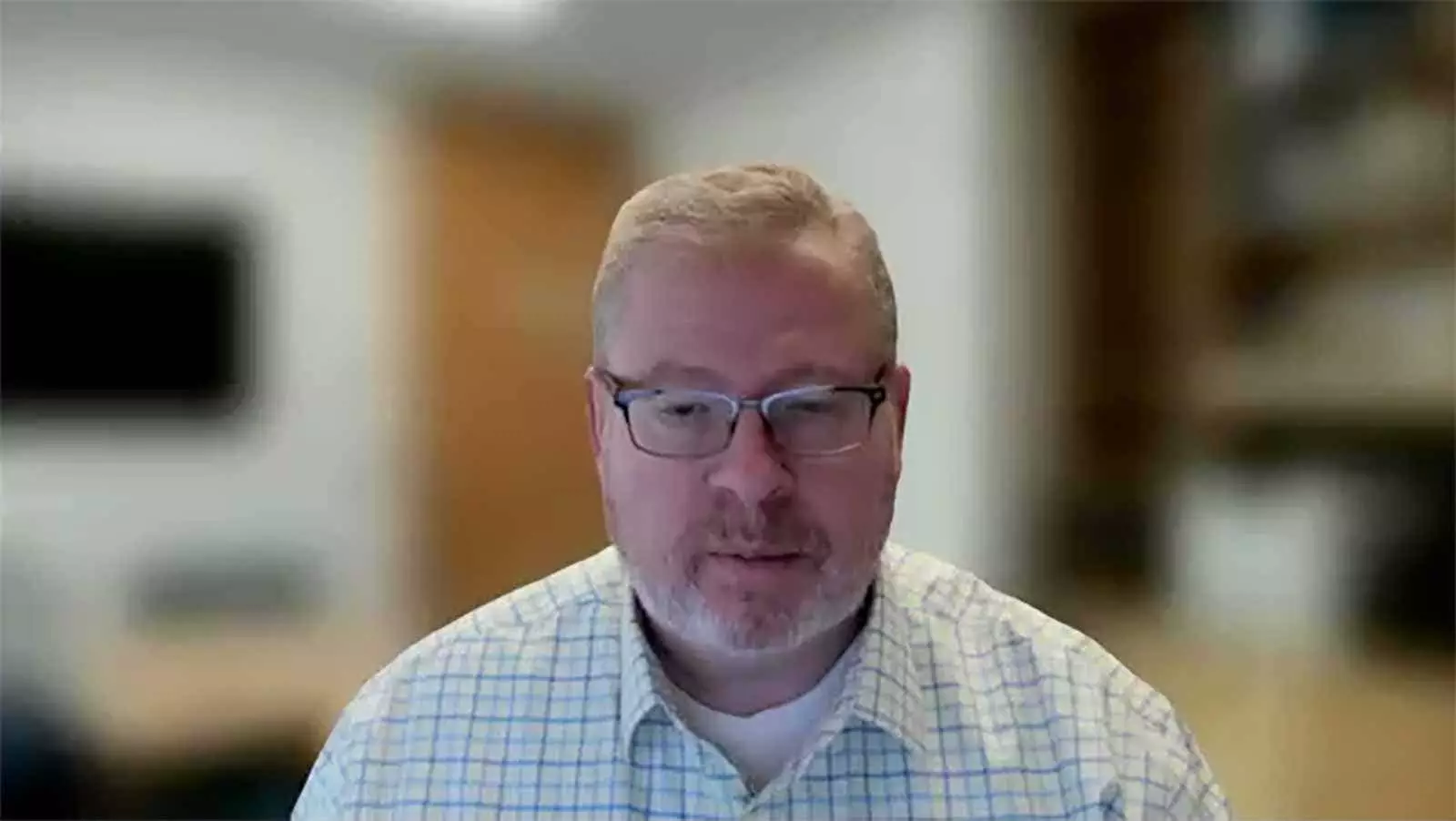Recent findings from a study presented at the European Society for Medical Oncology congress indicate significant insights regarding the treatment of metastatic urothelial carcinoma using enfortumab vedotin (marketed as Padcev). Notably, patients who achieved a complete response after more than 8.5 months of treatment with this single-agent therapy were able to remain off any additional treatment for over two years. This information heralds an important consideration for clinicians: the management of drug administration durations based on response and the potential for more extended refractory periods.
The Implications of Neuropathy and Treatment Cessation
Patients undergoing treatment with enfortumab vedotin often experience neuropathy and other treatment-related toxicities that necessitate cessation of therapy even when there is positive clinical response, whether it be stable disease, partial, or complete response. Jonathan Rosenberg, MD, from Memorial Sloan Kettering Cancer Center, emphasized this paradox: while patients are responding to therapy, the side effects lead to premature discontinuation. The retrospective data involving 57 patients shed light on a potentially detrimental trend in treatment management. It suggests that rather than hastily stopping therapy following an adequate response or early in treatment, oncologists may need to reconsider strategies that prolong the duration of effective treatment.
The dataset reflecting patients who had stable disease or better revealed that those who remained on enfortumab vedotin for longer than the 8.5-month threshold could enjoy significant periods off treatment—averaging around 2.5 years without disease progression. These numbers are significant when viewed through the lens of treatment strategy. It highlights a potentially overlooked benefit of sustained therapy in responding patients, presenting a case for clinicians to favor extended treatment durations to achieve longer-lasting remissions.
While there is a natural inclination to manage toxicity issues by reducing exposure to potentially harmful therapies, this must be balanced against the therapeutic gains seen with prolonged treatment. The findings suggest that there might be a risky inclination to curtail treatment too quickly. As Rosenberg pointed out, for patients who are showing a robust response, maintaining therapy well into their treatment journey—not just for six months, but potentially extending this window to a year—could yield substantial benefits in durability and patient outcomes. This revelation will likely influence clinical practices, particularly in forming protocols for patient management.
The recent analysis of enfortumab vedotin’s efficacy in treating metastatic urothelial carcinoma underscores the need for a paradigm shift in managing therapy durations. Clinicians are encouraged to reevaluate their threshold for treatment discontinuation and consider maintaining therapy longer for patients responding well. As additional long-term data emerges, it is crucial that healthcare providers adapt their approaches to minimize progression while managing the delicate balance of treatment-related toxicities. The promise shown incorporates a critical reassessment of therapeutic strategies, promoting patient-centered decisions in oncology.


Leave a Reply